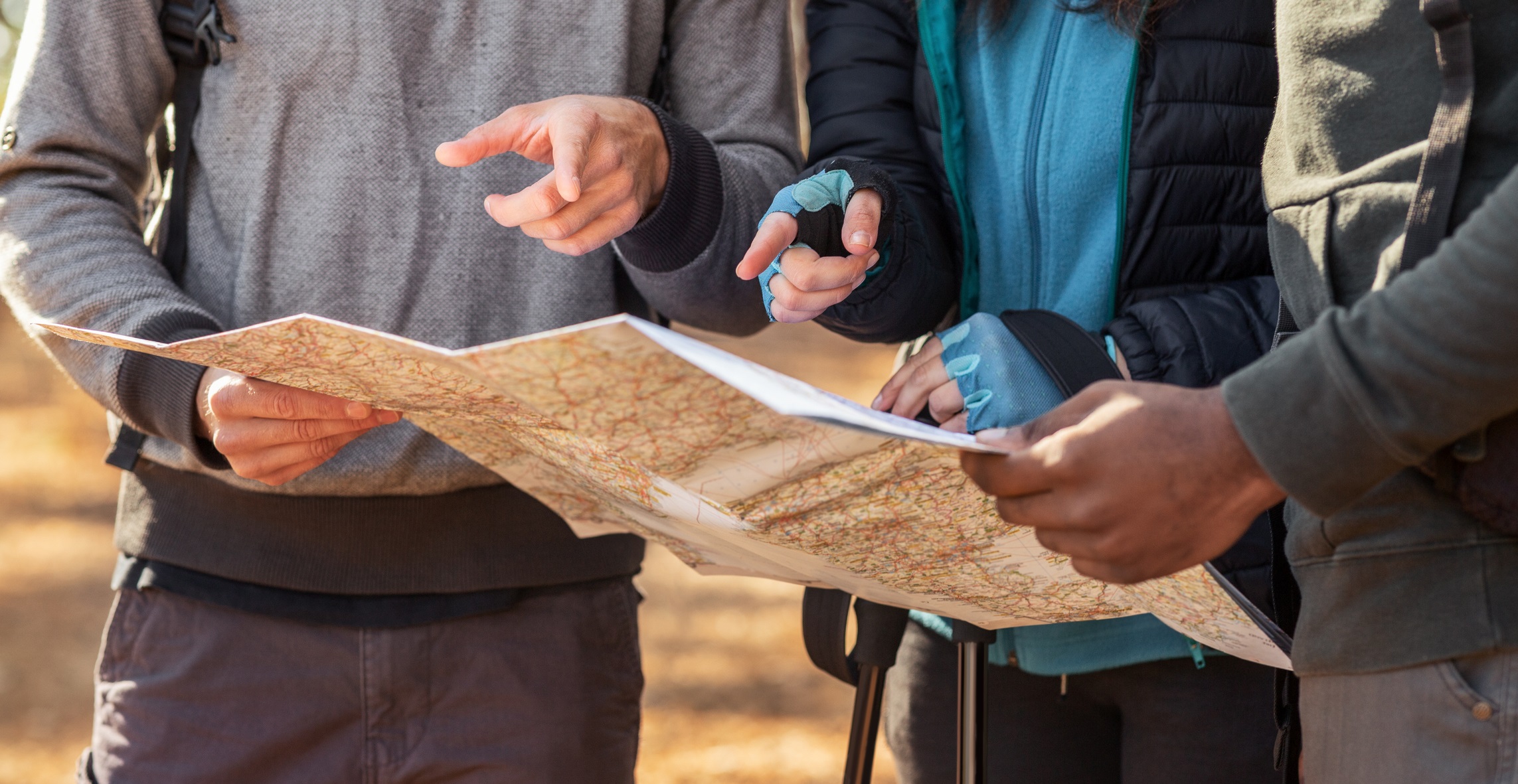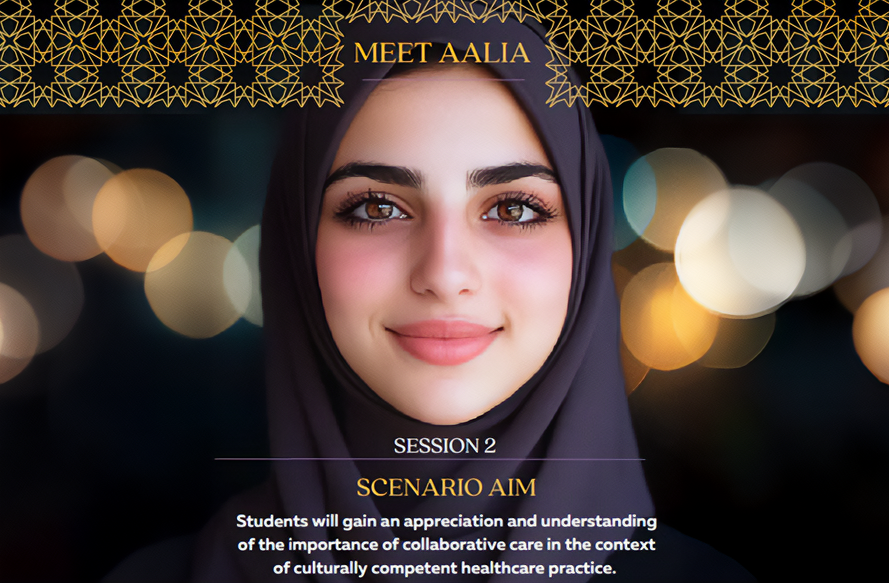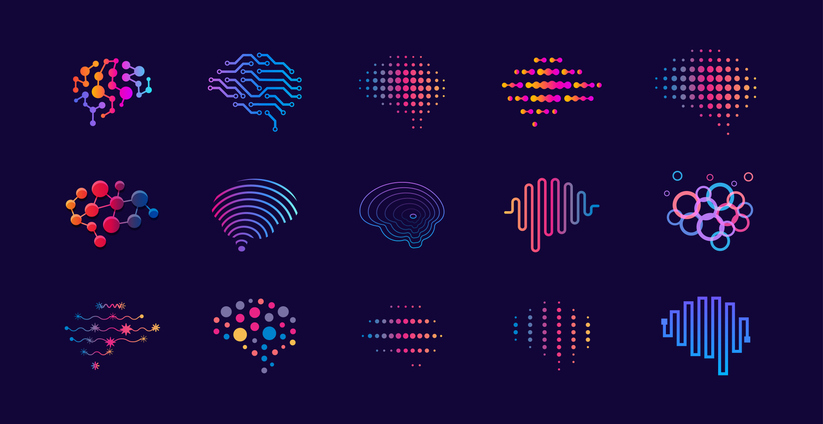Category: Learning Design
-

PAAIR challenge conversation: What are the issues arising from AI translation tools in higher education?
A/Prof Tim Fawns hosts a discussion with international students Tina and Selena, Dr Goh See-Kwong, Dr Helen Gniel, and A/Prof Beatrice Trefalt on the role of AI translation tools in teaching, learning, and assessment.
-

PAAIR challenge space conversation: How do learning outcomes work in programmatic assessment?
Tim Fawns speaks with Professors Claire Palermo, Ari Seligmann, and Liesbeth Baartman about designing curricula for coherent, cumulative learning. They explore aligning outcomes across courses and units, tracking development over time, and recognising meaningful learning beyond formal assessments.
-

PAAIR challenge space conversation 1: How can we translate programmatic assessment across disciplinary boundaries?
How can programmatic assessment work across diverse disciplines? Tim Fawns reflects on complexity, culture, and collaborative change in the first PAAIR Challenge Space Conversation.
-

Inclusive teaching in the university classroom: Navigating complexity with care
Erin Leif, Umesh Sharma, and Jayde de Bondt share practical strategies to foster inclusive university classrooms. By considering students’ diverse identities – such as disability, culture, and gender – they highlight how small, intentional changes can create more equitable and accessible learning environments.
-

Introducing AI as a collaborator in the writing process
Ari Seligmann and the Arts Educational Design team explore AI as a collaborator in academic writing. By reimagining essays for the AI era, they offer “recipes for writing with AI” that prompt educators to rethink how AI tools can support and challenge student thinking throughout the writing process.
-

Leveraging AI simulations for enhancing cultural competence in healthcare: Insights from the COIL program
Zahra Aziz and Debra Kiegaldie narrate a story of Aalia – an AI-driven simulated patient and reflect on the role of immersive simulated educational experiences in fostering culturally sensitive approaches to patient-centred care.
-

AI and entrapment: A cautionary tale
Sandra Leonie Field reflects on the integration of AI in education. While AI tools can assist students in summarising readings and drafting essays, her recent experience reveals a more complex reality.
-

Building effective collaboration: learning designers and academics partnering for educational excellence
Michael Lin offers suggestions for collaboration with academics, based on experience from multiple collaborative projects in various disciplines, from the perspective of a learning designer.
-

How much teaching is too much teaching?
Russ Fox reflects on what it means to be a teacher and how teaching approaches may need to change in response to the expertise of the student.
-

Students prepared for class: The Perusall effect!
Glen Croy and Tristan Cui describe how, when faced with students’ limited preparation, they adopted Perusall. With a small reward, 90-percent of students attempted preparation each week, with high comprehension. There were very positive consequences for classes, and higher-order assignments.
-

Join in the conversations about stimulating examples of integrating Artificial Intelligence (AI) into assessment
Joanne Tanner and Ari Seligmann add to ongoing worldwide discussions about the potentials for AI to be used in assessments as demonstrated by some fruitful examples collected from across Monash.
-

Positioning Artificial Intelligence (AI) in assessments may seem hard but here are some ways to start the journey
Thao Vu, Zachari Swiecki and Ari Seligmann introduce recent efforts by the Monash AI in Education Learning Circle to share guidance on thinking through how to design AI into or out of assessments as we figure out how to adjust assessment practices to navigate the storm of contemporary emerging technologies.